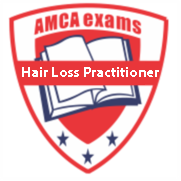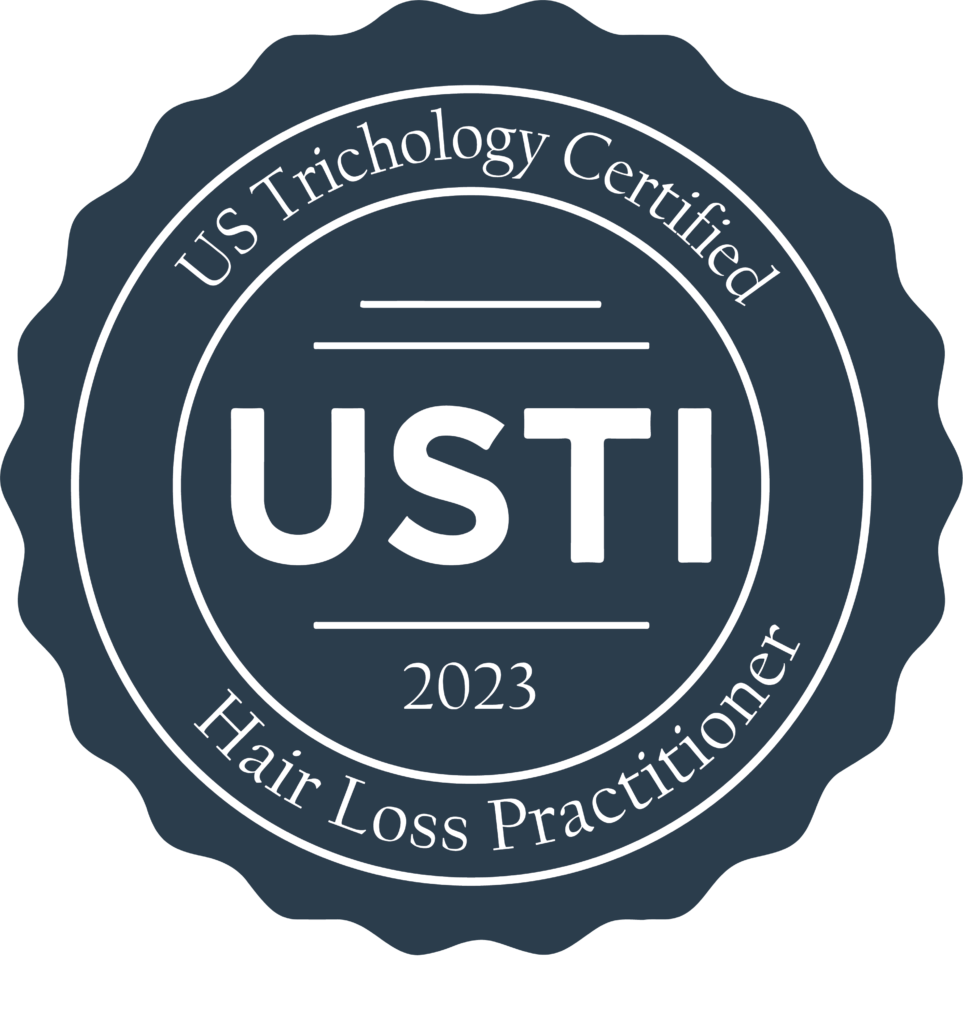Azalea's Trichology Practice & Hair Loss Clinic
Trichology vs Dermatology
Dermatologists and Trichologists are frequently sought out to help potential patients with hair and scalp issues. However, when you’re seeking out either of these two professionals, you really should keep in mind the differences in the two methodologies.
The difference is that Trichology is a discipline that focuses solely on the hair and scalp, by definition. A dermatologist is a medical doctor who is trained to evaluate and manage patients with benign and malignant disorders of the skin, hair, nails, and adjacent mucous membranes.
This means that dermatologists mainly focus on the skin and all the considerable ailments that go with it, whilst, Trichologists exclusively focus on the hair and scalp.
What does a Trichologist Do?
If a dermatologist or cosmetologist notices issues with a client’s hair, they might refer them to a trichologist. These issues may include thinning of their hair, a flaky or scaly scalp, lesions or pimples, inflammation, damaged follicles, or otherwise worrisome signs.
Hair and Scalp Understanding
To gain a better understanding of your overall hair loss issue, a trichologist may be a better option when you are dealing with hair loss. Additionally, it is becoming more common for you to see trichologists and physicians working together in the same practice to provide a complete scope of hair loss treatment options and medical services to provide the greatest results.
Regardless of the path you choose, you do need to make sure that the practitioner you are visiting for your hair or scalp problem is a specialist in hair loss and the associated issues that may go with it.
Trichologist vs Dermatologist
A dermatologist might listen to a patient for symptoms but may not always carry out a thorough examination of the scalp, while a trichologist will obtain a full hair history and check the scalp for lesions, pimples, signs of inflammation, damaged hair follicles, and also use a microscope to further analyze the scalp’s health.
As far as treatments are concerned, dermatologists are allopathic physicians and use a limited range of exclusively medical therapies that will include minoxidil, steroids, or antifungal creams. A dermatologist will possibly perform a biopsy to attempt to diagnose the type of alopecia. Typically this does not solve a hair loss problem.
Conversely, a Trichologist has a far wider range of hair loss treatment options. Most Trichologists approach hair loss from a holistic perspective and will use a variety of treatments including nutritional supplementation, scalp therapy products, low-level laser therapy, as well as traditional medical treatments including minoxidil. Most trichologists spend at least an hour with a patient on their first visit, whereas a dermatologist spends about 5 mins with a patient during an evaluation.
Hair loss can cause great anxiety and distress, and there are many misunderstandings about its causes and treatments, with few clinical practitioners specializing in the hair and scalp. Trichologists is unique in the fact that their real specialism focuses just on the hair and scalp. Alopecia is the clinical term for any type of hair loss, especially on the scalp. It can be diffuse (throughout the scalp), it can be in a pattern, it can be temporary and it can be permanent. It is important to understand what type of Alopecia you may have so that you can treat it correctly to achieve the best outcomes possible.
We are not affiliated with Nina Ross, even though she's amazing!
This video is for information purposes only..
Now performing these services! Awaiting the opening of Revive Clinic.


Azalea's Story
Azalea has been installing multicultural hair extensions for over 30 years. Azalea has always had a passion for helping women’s hair appear fuller and healthier, which is why she developed her hair growth remedy which consists of aloe vera and other natural minerals in the aloe concoction, to promote hair growth and overall achieve a healthier scalp.

Azalea took a course in trichology at Everett Community College Cosmetology School and loved every aspect of it. But, unfortunately, Azalea didn’t continue her cosmetology education at Evcc, she continued her education at Zorganice Institute. But, at EvCC the curriculum touched the subject of the dermis, epidermis, hair disorders, and hair cycle touched Azalea’s heart in a way unimaginable. Azalea said to herself, this is it! Trichology is what she needs to incorporate into the salon. But unfortunately, cosmetology is only taught on the surface of trichology. But, Azalea didn’t give up, she searched the web and found that she could actually become certified as Trichologist, and even better, under Trichology she can treat and diagnose hair loss and even offer a wide range of treatments, light lasers, and if need be work hand and hand with your dermatologist or physician to balance a treatment plan.
Hair and scalp restoration treatments are considered cosmetic services so unfortunately, we do not accept any forms of insurance for treatment.
Insurance Claim:
If your hair loss is caused by a medical condition, medical insurance allows you to get a medical wig at no cost or you may pay a part of it if your wig exceeds the total amount the insurance covers. We can assist you in filing your claim and the paperwork usually takes 1-2 business days.
Flexible Spending Account: (Coming)
We accept all kinds of Health Savings accounts and flexible spending accounts for purchasing your medical cranial prosthesis. Please contact us to talk discuss your options
National Alopecia Foundation:
Women who are financially handicapped and suffer from Alopecia Areata can receive $500 to purchase a medical wig. For further details on how to apply, you can contact us.
---------CREDENTIALS ---------







